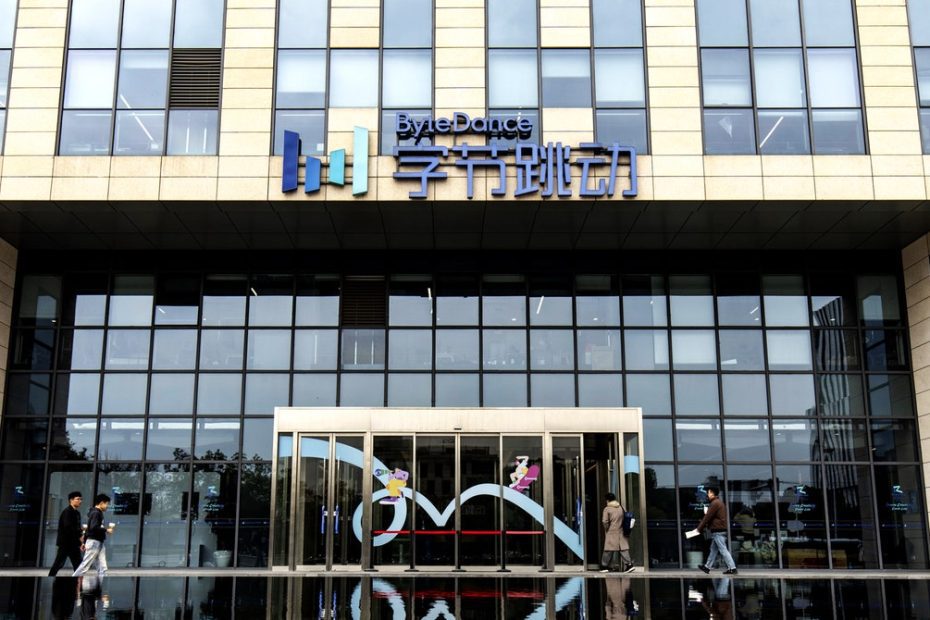A former ByteDance intern who was allegedly fired for professional misconduct, including sabotaging colleagues' work, was announced this week as the winner of one of the most prestigious annual awards for AI research. Keyu Tian, who lists on his LinkedIn and Google Scholar pages as a master's student in computer science at Beijing University, is the first author of one of two papers chosen Tuesday for the main “Best Paper Award” at the Neural Information Processing Systems (NeurIPS) conference, the largest gathering of machine learning researchers in the world.
The paper, titled 'Visual Autoregressive Modeling: Scalable Image Generation via Next-Scale Prediction', presents a new method for creating AI-generated images that Tian and four co-authors – all from ByteDance or Peking University – claim will be faster and is more efficient. than its predecessors. “The overall quality of the paper presentation, experimental validation, and insights (scaling laws) provide compelling reasons to experiment with this model,” the NeurIPS Best Paper Award committee wrote in a statement.
The committee's decision to award the honor to Tian, who last month reportedly sued ByteDance for more than $1 million in damages and alleged deliberate sabotage of other company research projects, quickly became the focus of broader discussions online about how NeurIPS is implemented and the way top AI researchers assess the work of their colleagues. The news also ensured that details of a scandal that had been brewing on Chinese social media for weeks finally spilled over to the English-language internet.
“NeurIPS awarded the best paper prize to a super-problematic work (not the first time this has happened, by the way),” Abeba Birhane, head of the newly created AI Accountability Lab at Trinity College, wrote on Bluesky. “You would think that a conference that prides itself on upholding the highest scientific and ethical standards would do so [do] due diligence before awarding the prize to an item that directly contradicts their values.”
A spokesperson for NeurIPS emphasized that the honor belonged to the newspaper, and not to Tian himself. They sent WIRED a portion of the prize committee's statement, which explained how the conference evaluates paper submissions. “The search committees reviewed all accepted NeurIPS articles equally and independently made decisions based on the scientific merit of the articles, without making separate considerations of authorship or other factors, in accordance with NeurIPS's blind review process,” it said.
On Bluesky, Birhane and other AI researchers linked to an anonymous GitHub blog post that also circulated in recent days on HackerNews, Reddit and other platforms, urging the academic AI community to reconsider giving Tian the honor for the best paper for his “serious misconduct,” which the report says “fundamentally undermines the core values of integrity and trust on which our academic community is built.”

